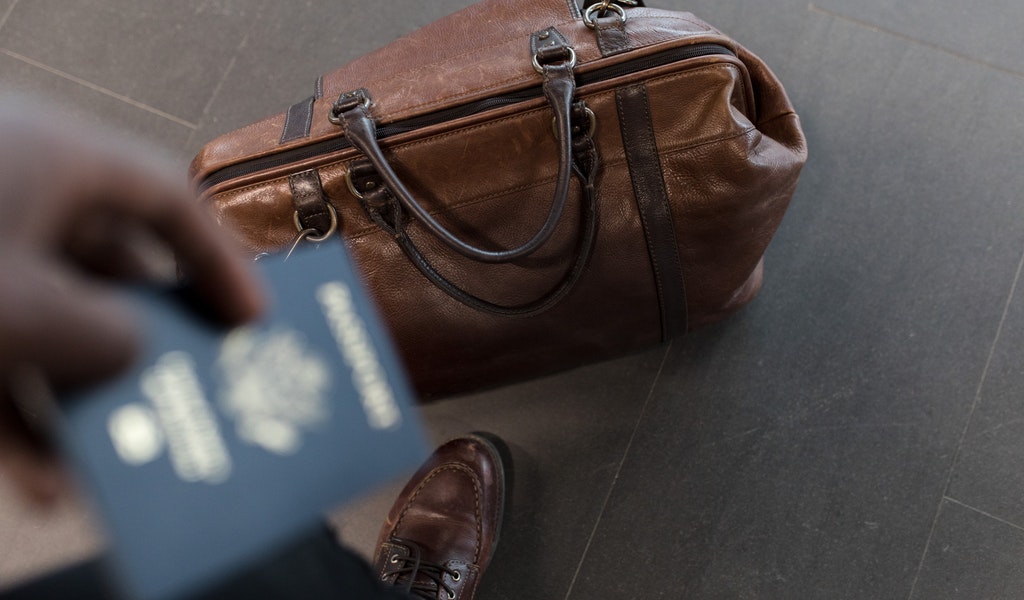Relocating overseas for work can expand your career prospects and life experiences. When looking at your opportunities, you should consider the cost of living. If you are going to move to another country, make sure it is a great employer with a reasonable employment contract.
1. Know Your Visa Requirements of Your New Country of Residence
Many countries require that you get a work permit or visa to work legally. Expats usually need a guaranteed job offer before applying for the relevant visa. It is common for employers to apply for visas on your behalf, but you should confirm this information ahead of time.
Some countries reward expats who provide necessary specialized skills. They offer specialized visas and mobility incentives to attract skilled workers. It is a way to attract foreign candidates to areas experiencing local skills shortages.
Countries like Canada and Australia use a point-based visa system for expats who want to stay permanently. The Ontario Immigrant Nominee Program (OINP) allows select foreign nationals to apply for permanent Canadian residency through an expedited process. One requirement is a valid OINP employer job offer from an employer in Ontario. An acceptance in this program allows you to apply for permanent resident status. However, the Government of Canada makes the final decision.
2. Read Up On the Country’s Etiquette Norms
You should exercise common courtesy when traveling to a new country to work. It helps to learn what actions might offend locals and avoid doing them. Common courtesy for Canadians is to greet someone with a handshake and to shake hands before leaving. Not shaking someone’s hand when they extend their hand is offensive.
The two most important lessons to learn are how to greet people and how to share a meal. These etiquette norms are most important when traveling to different countries. You will also try new foods and recipes to share with friends back home.
Every country has its own social etiquette, food, greetings, dress code, and local holidays. As an expat, you may not agree with all of them but should follow them. Read the country’s etiquette norms and learn about the local holidays. However, you must always be a respectful guest and travel abroad with an open mind.
3. Find Out How To Get To Work
Transportation to work is something to consider before accepting the job. Expats must decide if they will drive to work or take public transportation. The proximity of your living accommodations to your job is another concern. It could take an hour to get from your home to your job.
Public transportation options may include different modes of taxis, metro, biking, bus, and rickshaw. It helps to learn the routes and prices for transportation before the first day of work. You may need to buy a monthly pass or buy a ticket for every trip.
Some countries offer motorcycle taxis, which may be the best way to get around town. However, you would need a helmet for this mode of transportation. If you choose to walk to work, you should understand traffic flow. Learn which side of the road to walk on and cross at the crosswalk. No matter the mode of transportation, it should be a safe one.
4. File Taxes
A bilateral tax treaty is an agreement between two countries to avoid double taxation of their citizens for income earned. Some countries have these treaties in place to determine how much to tax non-residents on dividends, pension, and income when relocating. If you work in Ontario and pay taxes there, you still must file a tax return in the United States. Some expats make the mistake of not reporting this income to their home county. If you do not file the tax return within the period of exemption, you will have to pay double.
5. Set Up Your Bank Account
You will need to open a local bank account when working overseas. If not, your bank will charge international fees every time you use your debit and credit cards. It helps to research how to set up a bank account in your new country. You should also get a reference letter from your current bank in your home nation. Opening a foreign bank account requires a passport, proof of residence, and an initial deposit.
For visa concerns, you should check with the relevant foreign embassy site for current information. It is easy to focus on the professional aspect of your move, but do not forget to take in the social aspects of this journey.


